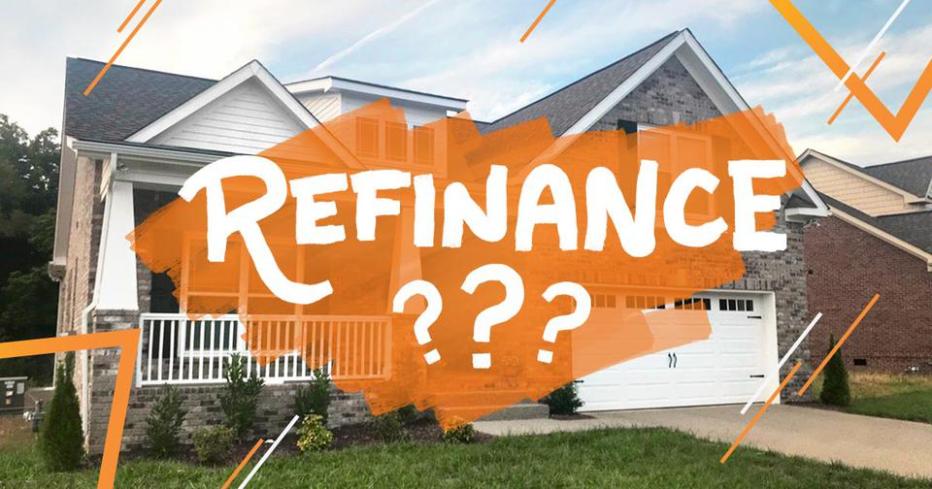What Are the Potential Benefits of Refinancing My Mortgage?
Mortgage refinancing is the process of replacing an existing mortgage with a new one, typically with different terms and conditions. Refinancing can be considered for various reasons, including securing a lower interest rate, shortening the loan term, accessing cash, improving credit score, or gaining more flexibility and control over the mortgage.

Lower Interest Rates:
- Refinancing to a lower interest rate can result in significant savings over the life of the loan. For example, a homeowner with a $200,000 mortgage at a 5% interest rate who refinances to a 4% interest rate can save over $10,000 in interest over the life of the loan.
- The amount of savings depends on the difference between the old and new interest rates, the remaining loan balance, and the length of the new loan term.
- A lower interest rate can also lead to a lower monthly mortgage payment, making it easier to manage monthly expenses.
Shorter Loan Term:
- Refinancing to a shorter loan term can help pay off the mortgage faster. For example, a homeowner with a $200,000 mortgage at a 5% interest rate over a 30-year term who refinances to a 15-year term at the same interest rate can pay off the mortgage 15 years earlier.
- A shorter loan term means paying less interest overall, as the interest is calculated on the outstanding loan balance.
- Paying off the mortgage faster can also provide peace of mind and financial freedom sooner.
Cash-Out Refinancing:
- Cash-out refinancing allows homeowners to tap into their home equity and access cash. This can be useful for various purposes, such as home improvements, debt consolidation, or education expenses.
- With cash-out refinancing, the homeowner takes out a new loan for an amount greater than the outstanding balance of the existing mortgage. The difference between the two amounts is paid to the homeowner in cash.
- Cash-out refinancing can be beneficial for homeowners who need access to a large sum of money for a specific purpose and have sufficient equity in their home.
Improved Credit Score:
- Refinancing can sometimes lead to an improved credit score. Paying off debt and lowering the debt-to-income ratio can positively impact credit scores.
- A higher credit score can benefit homeowners in the future by qualifying for lower interest rates on other loans, such as auto loans or personal loans.
- An improved credit score can also make it easier to obtain credit cards with better terms and conditions.
Flexibility And Control:
- Refinancing can provide homeowners with more flexibility and control over their mortgage.
- Refinancing can allow homeowners to change loan terms, such as adjusting the payment schedule or adding features like a home equity line of credit.
- These changes can benefit homeowners in different situations, such as those who need more flexibility in their monthly payments or those who want to access their home equity without taking out a separate loan.
Conclusion:
Refinancing a mortgage can offer several potential benefits, including lower interest rates, shorter loan terms, access to cash, improved credit score, and increased flexibility and control. However, refinancing is not always the right decision, and homeowners should carefully consider their individual circumstances before deciding to refinance. It is advisable to consult with a mortgage professional to determine if refinancing is the right option and to understand the specific benefits and drawbacks in their situation.
YesNo

Leave a Reply